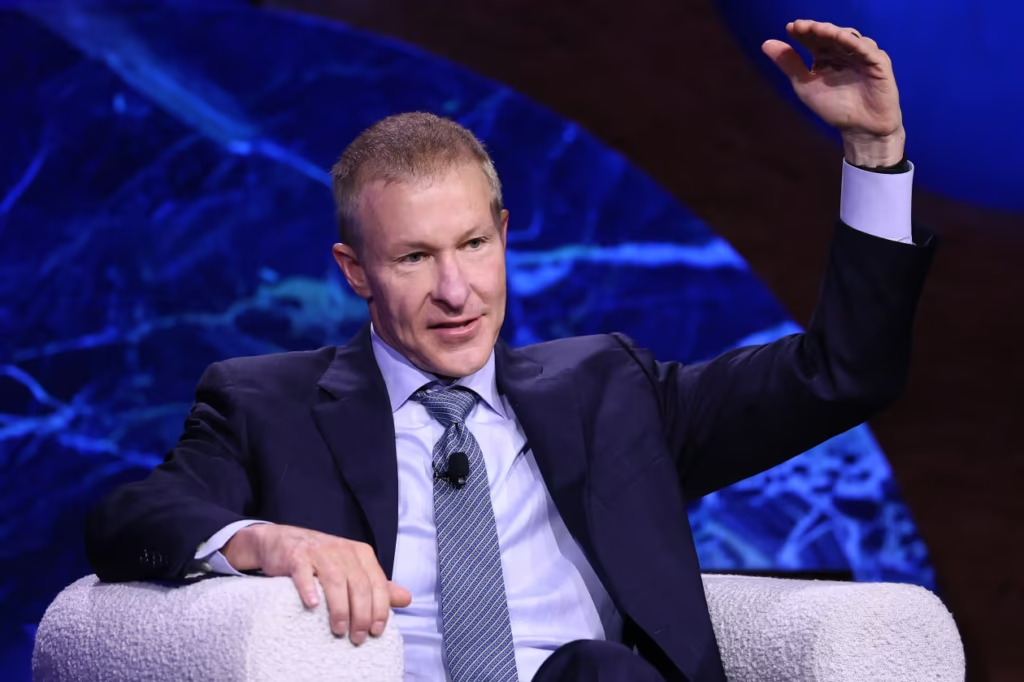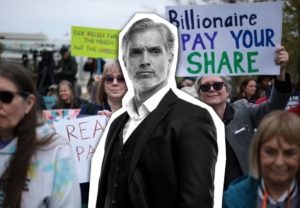“Screw the customer” was the model. Trick people, make them buy something, invite them, and then charge them a ton of unexpected costs. Legalese-buried disclosures Scott Kirby, CEO of United
During the Wall Street Journal’s Future of Everything festival on Thursday, Scott Kirby, the CEO of United Airlines Holdings Inc. (UAL), was criticized for the low-cost airline business model.
When Kate Linebaugh of the Journal asked him what he thought of the budget model, he said, “It’s dead. It’s a bad model, you see. I apologize.
While some carriers may have had success with this low-cost airline strategy in the past, Kirby said, “Their problem is they got big enough that they needed repeat customers.” They fail to understand them.
Although Kirby did not specifically mention any low-cost airlines, he clarified that he believes that United’s new business partner JetBlue (JBLU), which is also generally regarded as a low-cost airline, is the complete opposite of the budget-airline model, which is linked to carriers such as Southwest (LUV), Spirit (FLYY), and Frontier (ULCC).
“JetBlue was established with the goal of improving customer service. Kirby described it as “polar-opposite business models.” “The budget airlines were founded in an attempt to have the absolute bare-bones lowest-cost,” Kirby added.
Frontier, Spirit, and Southwest representatives were not immediately available for comment.
On Instagram, a video of the interview was shared.
The announcement of United and JetBlue’s “Blue Sky” cooperation, which would see the competing airlines sell seats on each other’s websites, coincided with Kirby’s interview. Additionally, the agreement connects both reward systems, enabling JetBlue users to accrue United frequent flyer miles and vice versa. With additional JetBlue flights running from Newark Liberty International Airport, the collaboration will also bring United flights back to John F. Kennedy International Airport in New York.
Speaking of Newark, Kirby talked about the recent cancellations and interruptions of flights at the transport hub in New Jersey, which has been severely impacted by a number of delays and technical problems in recent weeks. This includes the April 28 radar and telecommunications outage, which resulted in numerous diversions and cancellations. United was primarily responsible for these cancellations, as the airline operates roughly 70% of the flights to Newark.
“First: Newark is safe,” Kirby stated, adding that now that the Federal Aviation Administration is controlling the airport’s capacity in Jersey so that the number of planes doesn’t exceed the runway’s capacity, things are improving. The “best weekend in history for reliability” at Newark, he added, was Memorial Day weekend.
However, Kirby acknowledged that United has suffered in recent weeks, saying, “We lost a lot of bookings.” In recent weeks, travelers have been staying away from Newark Airport. According to data from Kayak, a division of Booking Holdings Inc. (BKNG), the number of tourists choosing Newark as their arrival airport fell 19% as Memorial Day weekend approached. Approximately 15% fewer passengers decided to depart from the airport.
Kirby joked that because of the cancellations, there are a lot more seats available for prospective travelers, “so it’s going to be the cheapest it’s probably ever going to be in history,” he said. “You should book, even though I don’t much enjoy it. Additionally, it will be the least crowded.
It should be emphasized that United provided a positive forecast despite the “uncertain” economy in its most recent earnings report, which was released in April, prior to the Newark scandal. “United believes our proven ability to win brand-loyal customers is a competitive advantage and will make United resilient in any economic environment,” it stated.
Continue reading: Premium travel benefits are becoming less appealing. These are the ones that are still worthwhile.





